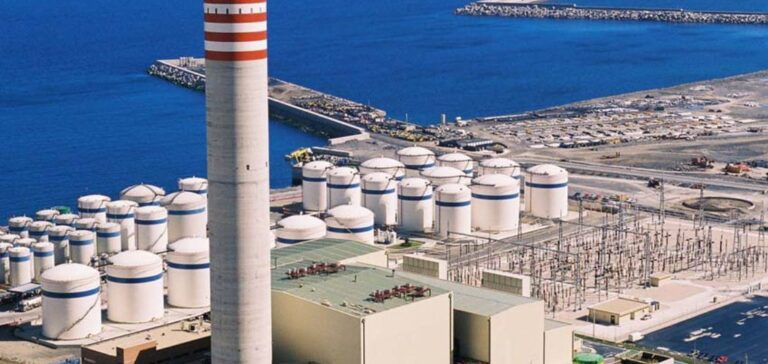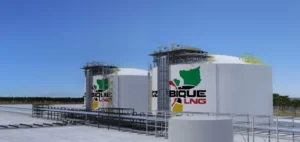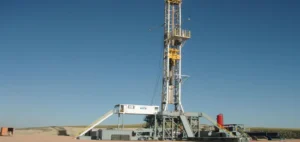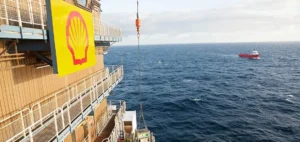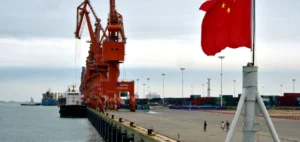PureWest Energy LLC, an independent natural gas producer in the Rocky Mountains, and Gunvor USA LLC, a subsidiary of global energy trading firm Gunvor, have formed a partnership to market low-carbon intensity natural gas, certified by third parties under international standards.
Certified and traceable gas at industrial scale
Under the agreement, Gunvor will purchase the environmental attributes of PureWest’s natural gas. These attributes may be sold unbundled from or together with the physical product. The gas is certified according to ISO 14067, which sets methods for evaluating the carbon footprint throughout a product’s life cycle. Monitoring is provided through the ProveZero™ registry developed by CleanConnect, an auditable system using blockchain technology.
Integrating this certified gas into Gunvor’s portfolio will enable the creation of gas blends that meet the requirements of the International Sustainability and Carbon Certification (ISCC) system, thereby facilitating industrial use within increasingly stringent carbon traceability regulations.
A strategy focused on Scope 3 emissions
Both companies are targeting Scope 3 emission reductions, which relate to the final use of the product by industrial clients. The offer is aimed at buyers seeking to maintain supply reliability while meeting environmental requirements, particularly in regulated procurement processes or compliance-driven markets.
“Gunvor is committed to delivering solutions that meet the growing demand for emission reductions,” said Gary Pedersen, President and Chief Executive Officer of Gunvor USA LLC, in a statement issued on June 3. He added that the partnership helps “bring innovative and scalable solutions to clients.”
Continuous monitoring and independent certification
PureWest’s gas is accompanied by continuous automated emission monitoring from CleanConnect, which uses sensors to detect, classify, and timestamp leaks with accuracy beyond traditional Leak Detection and Repair (LDAR) or quarterly methods. This infrastructure supports large-scale independent validation, addressing the increasing need for data integrity in environmental reporting.
Chris Valdez, President and Chief Executive Officer of PureWest, stated that the company aims to provide “reliable, lower carbon options” for end-users, noting that the partnership strengthens the delivery of certified and measurable solutions.
The agreement represents a step forward in the commercialisation of low-emission natural gas, as markets demand more rigorously certified and documented energy products with traceable carbon impact.


